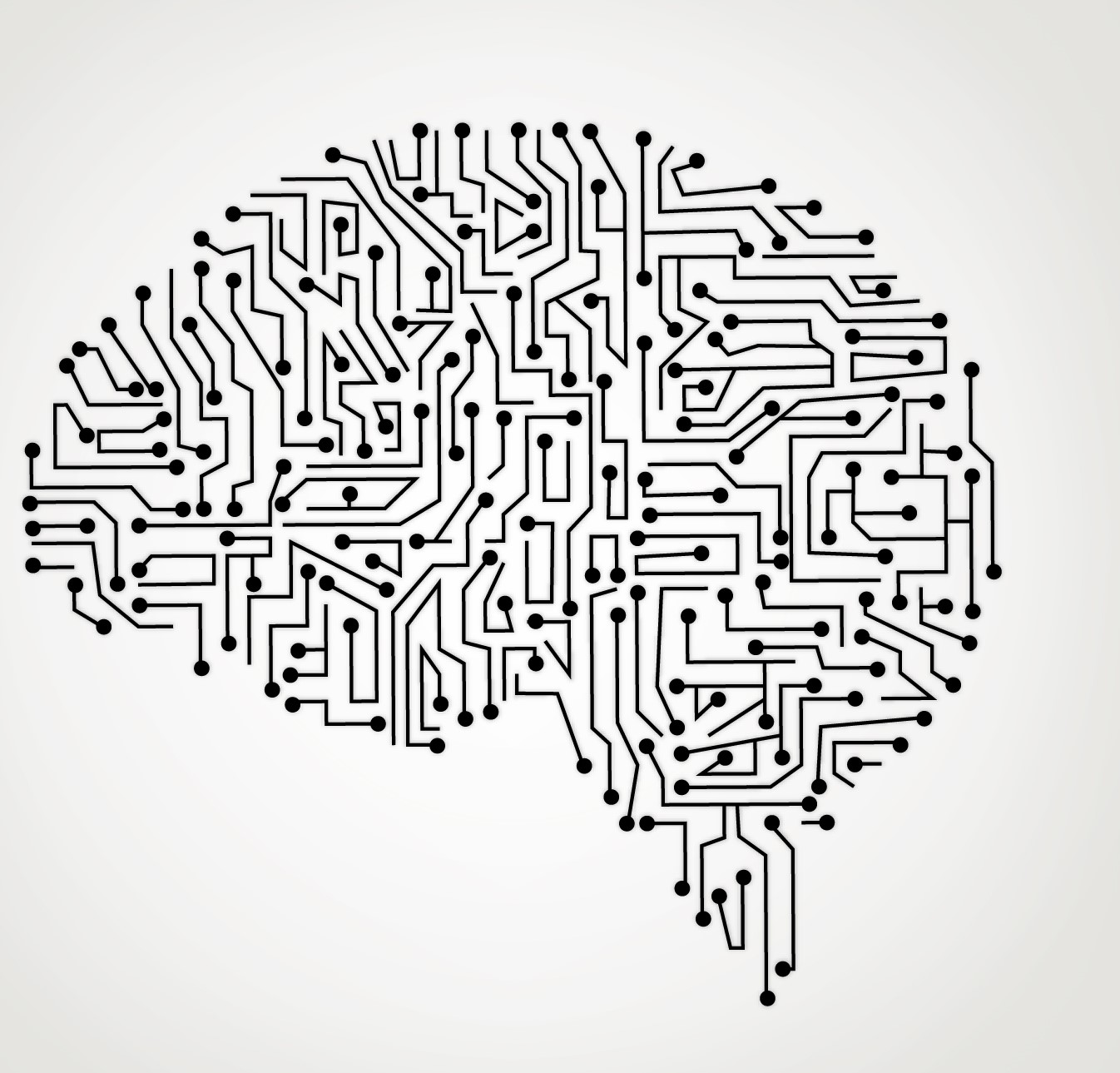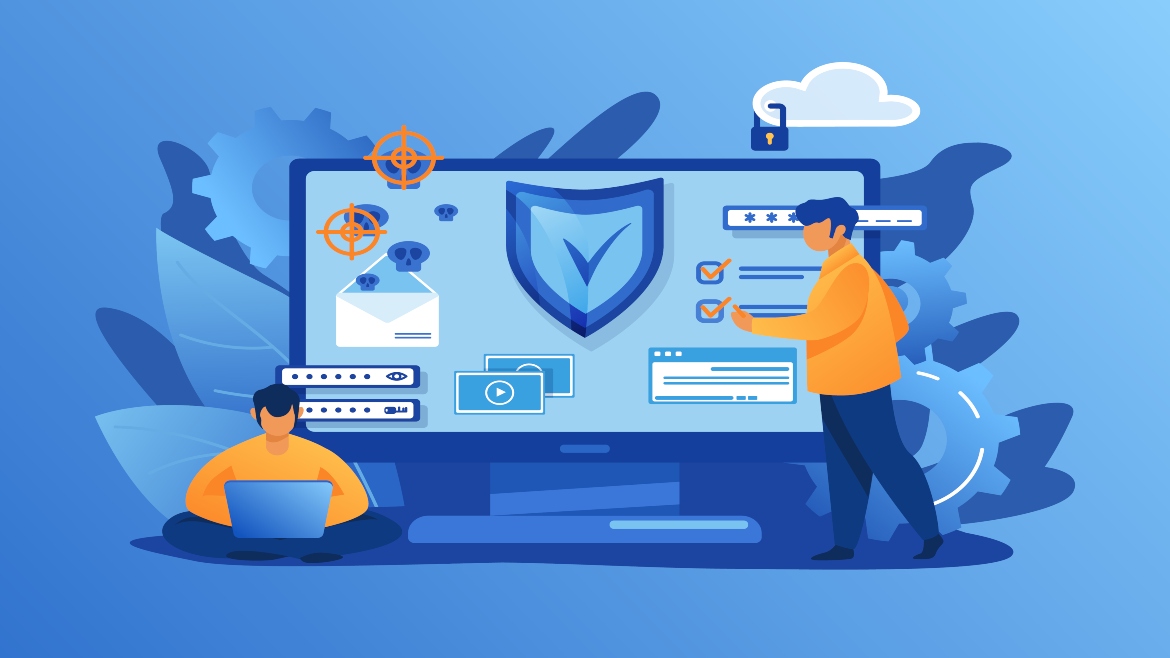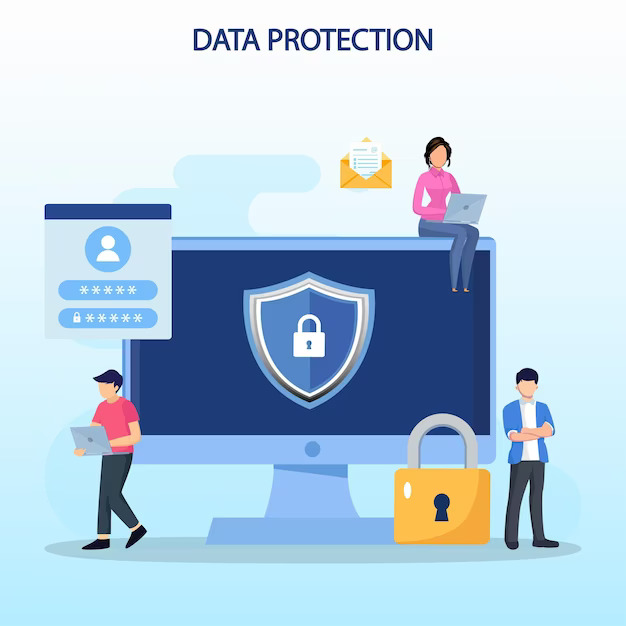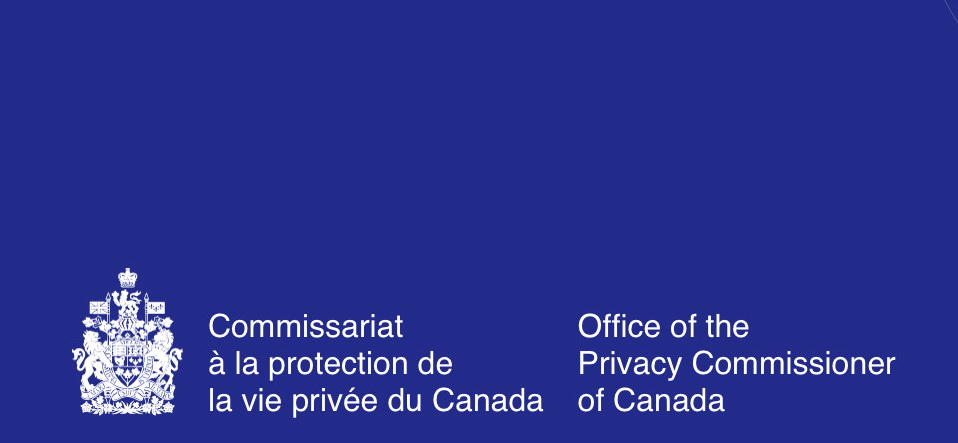
Dimensions of Identity 1/2: Explaining the Language of Anonymization
Privacy and data protection laws stipulate protections for “personal information,” which is usually defined as information that could readily identify an individual. This has given rise to various attempts to define “identifying information,” when in fact there is no clear division between types of information that can and cannot identify individuals. Identity has frequently been…

When Apps Claim HIPAA Compliance
Do health applications advertised as “HIPAA-compliant” offer some legal assurance? Often, the answer is no. HIPAA does not apply to technological applications as such. Rather, it governs personal health information managed by covered entities such as hospitals, physicians, pharmacies, and health insurance companies. Health applications managed by covered entities are subject to HIPAA rules. Consumer…

Can big Data be wrong – An election post mortem
Well that’s a good question, everyone is asking today what happened with the elections. Thinking that all that we knew and heard from media outlets was wrong. Big Data is subject to a few simple rules which often get ignored. When the next election or event comes along, there is one thing to remember. Big Data has…

Inappropriate Access detection using Machine Learning
Detecting Inappropriate Access to Personal Health Information “While PHIPA has served Ontarians well over the last decade, rapid changes in technology and communications are demanding that we keep pace. With the growing use of electronic health records, the province needs a legislative framework that addresses the rights of individuals and the duties and obligations of…

Digital Hospital of the Future
Dr. Hassan spoke at the digital conference of the future: The state of health care data protection Mobile health services and applications affected patient privacy Steps needed to protect your business’ data from cyber threats? About Digital Hospital of the Future, Canada 2016 Digital Hospital of the Future, Canada 2016 brings to the forefront future…

Cyberwarfare & National Security
Sochi Olympics, 2014: Athletes’ cell phones were compromised within minutes of landing at the airport. Viber, WhatsApp, Twitter, and other apps are commonly used to locate terrorist targets in Syria. As a counterpoint, recruitment for terrorist groups such as ISIS is largely done online as well. Use of bots/humans to broadcast government agenda in Saudi…

Legal Obligations for Energy Boards
In this guide you will explore: Obligations of Energy Boards FTC and Fair Information principle requirements Smart Grid Data Protection Requirements Employee Privacy in the Energy Space Federal and state law requirements In recent years, news of massive data breaches has become almost commonplace. We are witnessing an unprecedented increase in cyberattacks, with energy utilities…

Practical Guide to Privacy & Security for Retailers
Retailers are facing risks as more and more of their operations is moving online. These risks are legal, reputational, operational, investment, and data breaches. In this report you will learn about: Boards, Executives, and Privacy Compliance Obligations What You as a Director Can Do FTC and Canadian Privacy Obligations The report will provide you with…

Data Protection in Design
Time for a New Vision Up until now, we have viewed privacy and security on the same sliding scale, through which it appears to be impossible to have one without hurting the other. Envisioning a country where privacy is prioritized over security and surveillance seems absurd. However, it is time that we disrupt this traditional…

A Proposal for Privacy Innovation in Canadian Law Technology and Corporate Culture
Summary Many believe that privacy as we know it is at a crossroads. Can data protection flourish in this brave new world of technological change, or will it decay? Economic, legal, technical, and corporate innovation will all be crucial in helping to direct the future of data protection in Canada. The OPC’s consultation paper is…

THE PRIVACY ACCORD: AN OPEN LETTER
PRIVACY INNOVATION IN CANADIAN LAW, TECHNOLOGY, AND CORPORATE CULTURE I invite you and other privacy leaders to join me in co-authoring a privacy-affirmative position paper, the Privacy Accord. This statement will propose new relationships between government, technology entrepreneurs, and corporate and business leaders to strengthen and enhance privacy in Canada and around the world. WHY…










